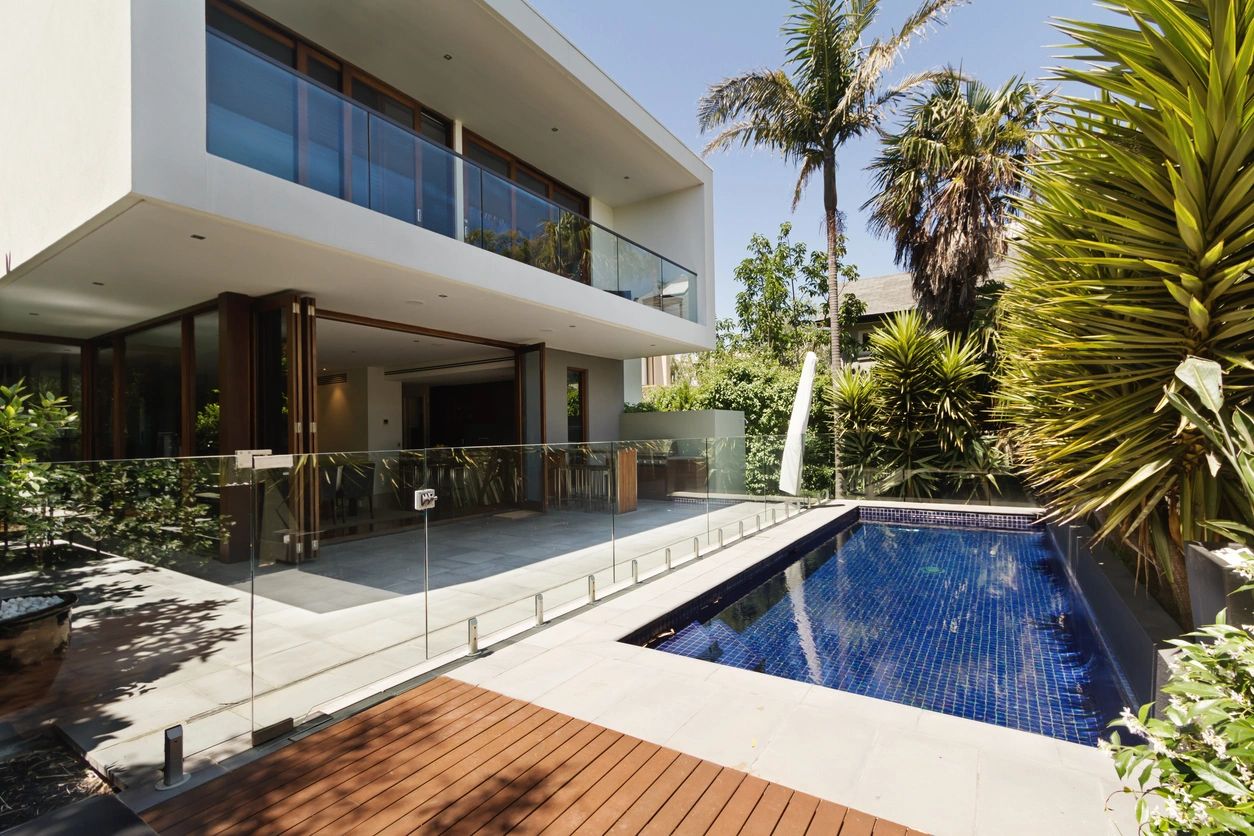Why Arizona Residents Don’t Winterize Their Swimming Pools
September, 14 2023
Why Arizona residents don’t winterize their swimming pools is a question we have been asked many times. As the temperatures drop and winter approaches in many parts of the country, homeowners are busy winterizing their swimming pools to protect them from freezing temperatures and harsh weather conditions. However, if you’re a resident of the sunny state of Arizona, you might notice something quite different. Many Arizona residents don’t bother winterizing their swimming pools. In this article, we’ll explore the reasons behind this unique phenomenon and delve into the factors that make winterizing swimming pools less common in the Grand Canyon State.
1. Mild Winter Climate
One of the most compelling reasons why Arizona residents often skip the winterizing process is the state’s mild winter climate. Unlike regions that experience freezing temperatures and heavy snowfall, Arizona typically enjoys relatively warm and dry winters. In Phoenix, for instance, the average winter temperature hovers around the mid-60s to 70s Fahrenheit. This makes it unnecessary to take the extensive measures that homeowners in colder regions must.
2. Lack of Freezing Temperatures
Freezing temperatures are the primary concern when it comes to pool winterization. In states with frigid winters, failing to winterize a pool can result in costly damage, including cracked pipes and damaged pool equipment. However, Arizona rarely sees freezing temperatures in most parts of the state, particularly in the low desert areas. This reduces the need for winterization measures and allows residents to keep their pools open year-round.
3. Continued Pool Use
Arizona residents are known for their love of outdoor living, and this includes enjoying their swimming pools throughout the year. Since the climate remains pleasant during the winter months, many pool owners in Arizona continue to use their pools even in December and January. This frequent use of the pool makes winterization seem impractical, as it would require closing the pool for an extended period.
4. Cost Savings
Winterizing a swimming pool can be expensive. It typically involves draining the pool, adding antifreeze, and protecting equipment from freezing, which can add up in terms of maintenance costs. In Arizona, where the climate doesn’t demand such measures, homeowners can save on these winterization expenses and allocate their resources to other home maintenance needs.
5. Minimal Seasonal Maintenance
Compared to regions with harsh winters, Arizona’s pool owners experience fewer seasonal changes and maintenance requirements. Pools in colder climates may require extensive cleaning and repair after winter. Although in Arizona pool owners can maintain their pools more easily year-round. This reduced seasonal burden further diminishes the incentive to winterize.
Conclusion
In Arizona, the decision not to winterize swimming pools is a reflection of the state’s unique climate and lifestyle. The mild winter weather, absence of freezing temperatures, continued pool use, cost savings, and reduced seasonal maintenance all contribute to why Arizona residents don’t winterize their swimming pools. While winterizing pools is essential in many parts of the country, Arizona residents can enjoy their pools year-round without the need for these additional precautions.

